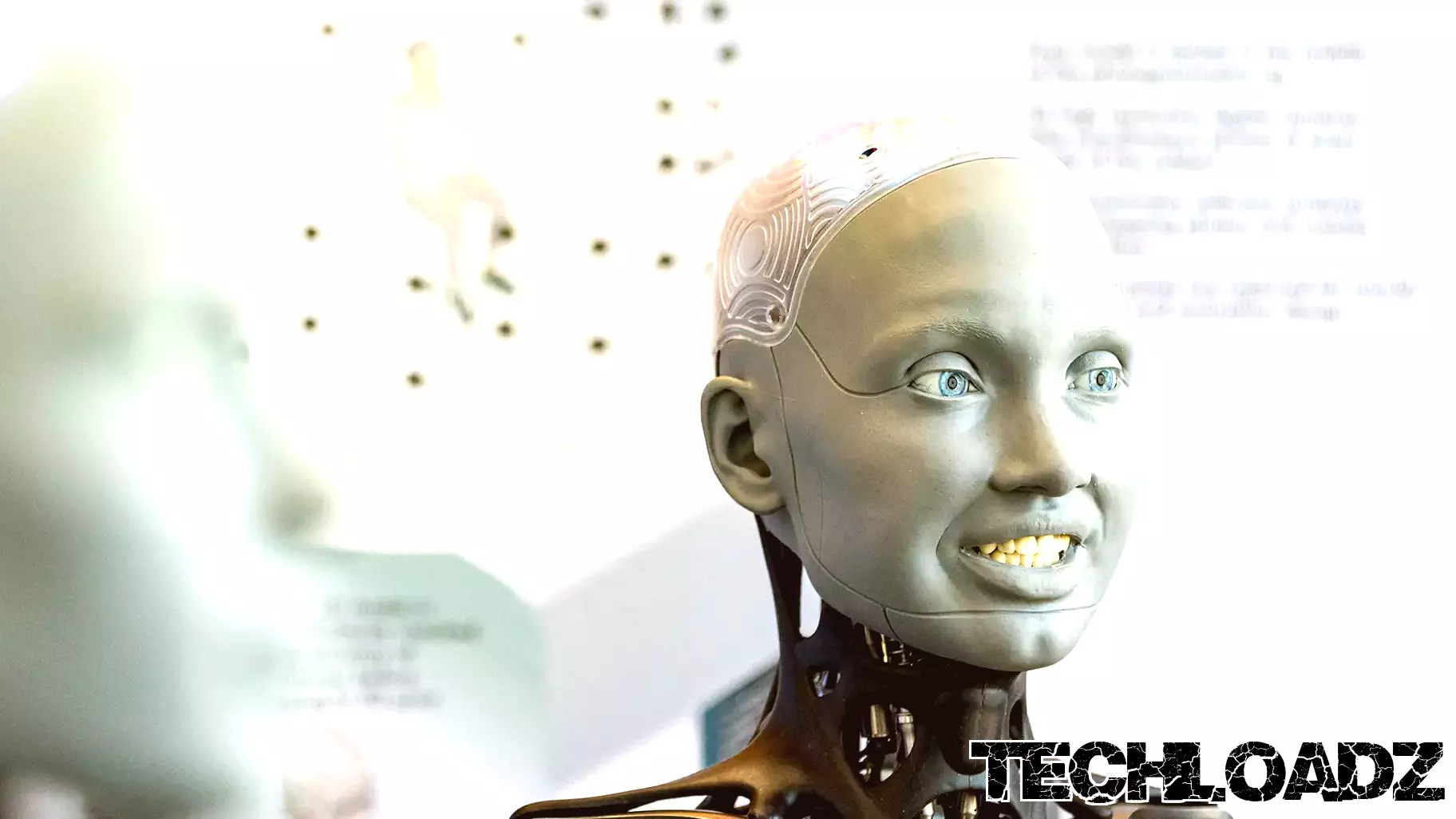The Economic Impact of AI: Promise or Overhype?
December 28, 2024 - 03:41

Nations and companies around the world are weighing up AI’s costs and benefits as they navigate the rapidly evolving landscape of artificial intelligence. Proponents argue that AI has the potential to drive explosive economic growth by enhancing productivity, optimizing operations, and creating new markets. From automating routine tasks to enabling data-driven decision-making, AI technologies promise to revolutionize various sectors, including healthcare, finance, and manufacturing.
However, skeptics caution that the hype surrounding AI may overshadow its actual capabilities. Concerns about job displacement, ethical implications, and the digital divide have sparked debates on whether the technology can deliver on its lofty promises. Many businesses are grappling with the challenge of integrating AI into their existing frameworks, often requiring significant investment in training and infrastructure.
As countries compete to harness AI's potential, the conversation continues to evolve, prompting policymakers to consider regulations that balance innovation with societal impacts. The true economic ramifications of AI remain to be seen, but its influence on the global economy is undeniable.
MORE NEWS

December 13, 2025 - 02:38
A Strategic Approach for CIOs in Adopting Emerging TechnologiesIn a recent presentation, an expert highlighted a structured three-step process designed for Chief Information Officers (CIOs) to evaluate the advantages of implementing emerging technologies in...

December 12, 2025 - 10:00
Pinterest Expands Ad Capabilities with New AcquisitionPinterest has announced its acquisition of advertising technology firm tvScientific, a strategic move aimed at enhancing its advertising solutions. tvScientific specializes in assisting smaller...

December 11, 2025 - 19:43
AI Innovators Recognized as Time's Person of the YearTime has honored the visionary leaders driving the rapid advancements in artificial intelligence (AI) by naming them its “Person of the Year.” This recognition highlights the profound impact...

December 11, 2025 - 05:38
Innovative Technology's Potential to Reduce Healthcare Costs Discussed in Recent HearingIn a recent hearing held by the United States House Committee on Oversight and Government Reform, lawmakers explored the transformative potential of innovative technology in reducing healthcare...